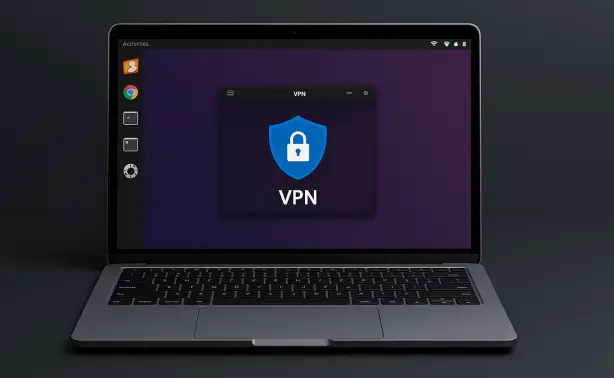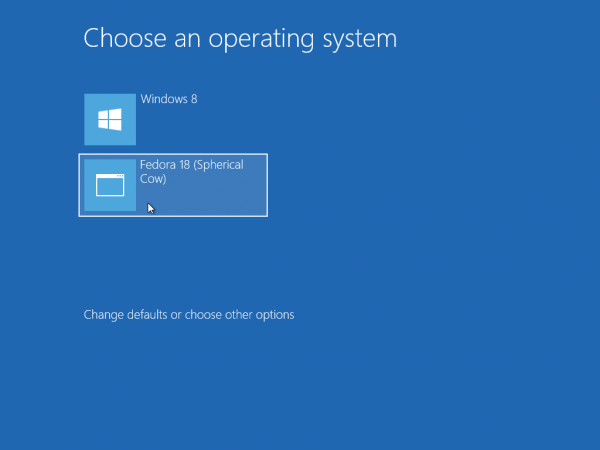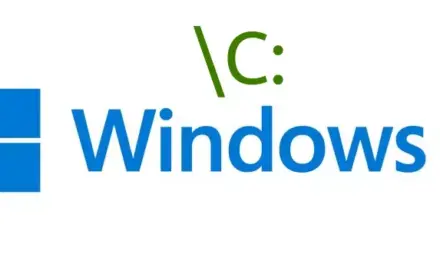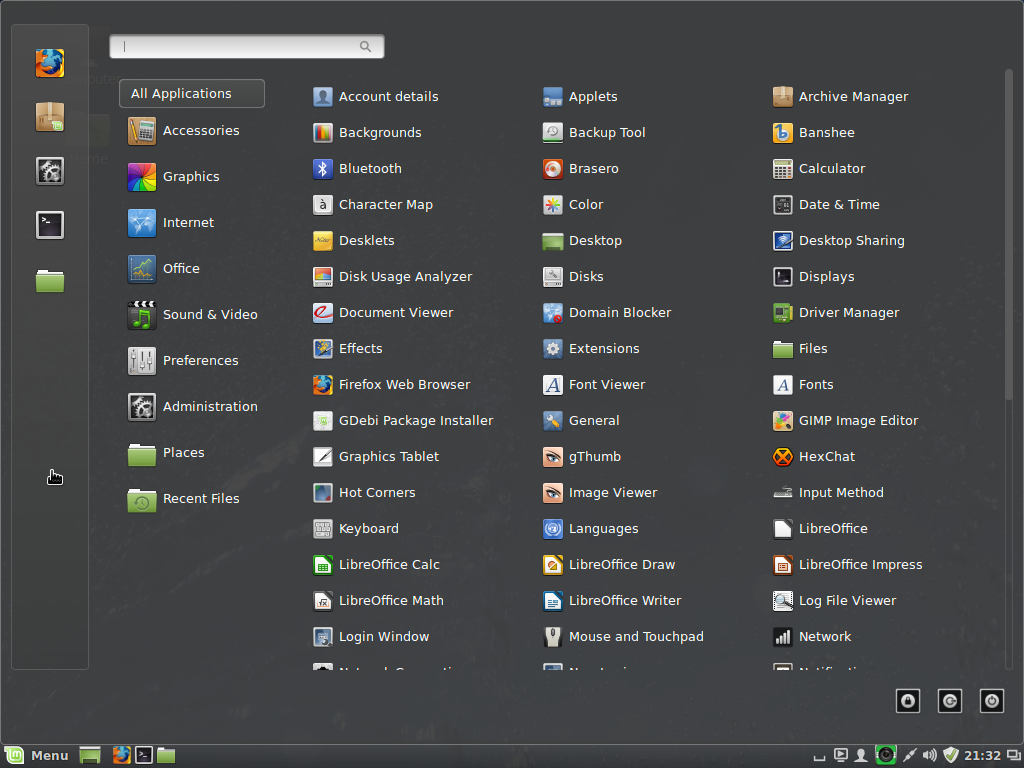In the ever-expanding universe of online activities, ensuring your privacy as a Linux gamer is vital. Engaging in gaming requires connecting with communities and online platforms, which can expose your personal information to potential threats. By implementing effective privacy measures, you not only protect yourself but also contribute to a safer gaming environment for all. Incorporating strategies like managing cookies and anonymizing accounts can significantly enhance your security. Understanding the importance of secure communications keeps your gaming conversations private and protected. Even if exploring gambling sites is part of your online experience, it’s crucial to prioritize privacy and security.
Privacy best practices for Linux gamers
Maintaining privacy involves more than just using strong passwords; it’s about consistently managing digital footprints. Managing cookies is one essential step in this process. By regularly clearing browsing history and utilizing private browsing modes, you prevent websites from tracking your activities. This practice can reduce the risk of data breaches.
Another crucial aspect is the use of VPN services, which funnels your traffic through a secure channel. This ensures that your personal information remains confidential while accessing online platforms, including gaming sites. It adds an extra layer of security by masking your IP address, thereby maintaining anonymity.
Creating unique and secure passwords for each gaming account further protects against unauthorized access. Using different passwords reduces the risk associated with potential breaches. Tools like password managers can help you generate and store complex passwords, ensuring that your accounts remain secure from cyber threats.
Regular system updates play a crucial role in maintaining privacy and security. Linux distributions frequently release security patches that address vulnerabilities and enhance privacy features. Enabling automatic updates ensures your system stays protected against the latest threats. Additionally, implementing firewall rules specific to gaming applications helps control network traffic and prevents unauthorized access attempts while maintaining optimal gaming performance.
Anonymizing accounts for enhanced security
Anonymizing accounts is another effective method to enhance privacy in the gaming world. By using pseudonyms instead of real names on gaming platforms, you add a layer of protection against unwanted attention or data exposure. This change can prevent malicious actors from easily connecting your gaming identity to real-life information.
Adjusting privacy settings within these platforms is equally important. Many gaming accounts allow you to control what personal data is shared with third parties. By exploring these settings and minimizing data sharing, you maintain greater control over who sees your information and how it’s used.
Furthermore, avoiding disclosure of personal details when creating profiles ensures that sensitive information isn’t unnecessarily exposed. Always think twice before filling out optional fields that could reveal more than you’re comfortable sharing.
Consider using dedicated email addresses for gaming accounts to further compartmentalize your online presence. This separation helps prevent potential data breaches from affecting your primary email accounts and makes it harder for attackers to build a comprehensive profile of your online activities. Combined with temporary email services for one-time registrations, this strategy significantly reduces your digital footprint in the gaming ecosystem.
Securing communication in online gaming
In the realm of online gaming, communication often extends beyond gameplay itself. Securing these conversations should be a priority for any Linux gamer concerned about privacy. Using encrypted messaging services ensures that sensitive discussions remain confidential and inaccessible to outsiders.
End-to-end encryption tools are invaluable in this regard, providing robust security for all communications related to gaming activities. These tools encrypt messages at both ends, making it nearly impossible for eavesdroppers to intercept or decipher them.
Additionally, selecting communication channels known for their security features can further protect your interactions. Avoid using unsecured channels that lack encryption capabilities; instead, opt for platforms specifically designed to safeguard user privacy.







